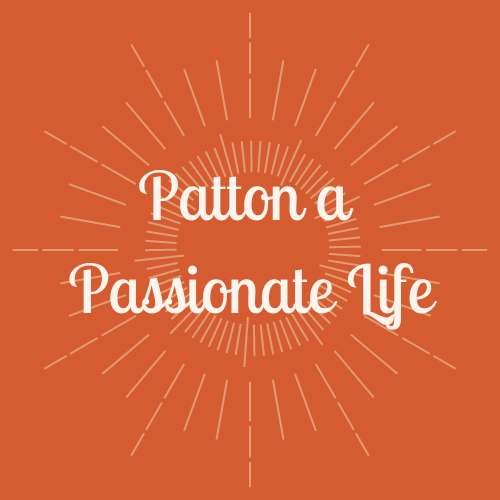7 Ways to Reframe Failure
Shame and Failure are Toxic Friends
When I think about these toxic friends, it’s hard to know how to get rid of them. They go together like a good old PB & J.
When we experience failure (real or imagined), we experience shame. In reading Psycho-Cybernetics, Dr. Maxwell Maltz has an interesting take on how failure impacts our actions and emotions.
The breakdown from his book is:
Frustration
Aggressiveness
Insecurity
Loneliness
Uncertainty
Resentment
Emptiness
I don’t know about you but those are all the things I feel when I experience FAILURE.
His theory is that these feelings were adopted as a way to solve a problem.
“We adopt them because we mistakenly see them as a way out of a difficulty. We can cure these failure symptoms not by willpower, but by understanding, by being able to see that they do not work and that they are inappropriate.”
Not by willpower. Gut punch right there. That is how I thought I could solve anything. All I had to do was try a little harder, want it a little more, or just be a little stronger.
I won’t rehash the entire section of this book but I will hit on the key things that stood out for me about each feeling.
Frustration:
Never as good as our intentions (goes along with Brene’s thoughts too).
Practical goals vs perfectionist goals
All the things we tell ourselves we “should” accomplish or be by this point.
Aggressiveness:
Result of frustration and is often excessive and misdirected
A product of an unhealthy self-image
Self-destructive (health issues, addiction, workaholic, etc)
Insecurity:
I don’t measure up to what is “required” of me
We use a false measuring stick (my mouth dropped open at this one)
When you miss the mark on a goal, you spiral instead of recalibrating your actions
Loneliness:
Feeling of being cut off or alienated from others
A way of self-protection (guilty as charged!!)
False sense of security through isolation
Uncertainty:
A way of avoiding mistakes and responsibilities
The feeling that you are defined by your mistakes
Loss of self-esteem when proven wrong
Resentment:
Self-pity, finding an excuse for failure
Feeling short-changed because others are more successful or happier than you
Mental resistance (nonacceptance) to something that has already happened
Emptiness:
Lost capacity to enjoy
A symptom that you are not living creatively
Life feels like a treadmill
Wow! Failure is complex!
I could have written 2-3 more things per emotion but will save those for when (if) you read the book.
All of these feelings put you in a place of vulnerability and shame. The immediate “feels” are fine as long as you get curious about them. Use that aggression for good like finding a way to make your dream a reality even if you have to fight to get it.
If you stay in the slump, you develop a poor self-image, or feed the poor self-image you have nurtured over the years like that “cute cat” that keeps getting into the trash can. Then you realize it’s a raccoon that will take your face off.
Changing your thought patterns about failure doesn’t happen overnight. It’s a long process and a HUGE mindset change for us Americans that feel pressured to be the best at everything we do.
You CAN do it though. I am a recovering perfectionist so I am proof that it is possible.
The thing is, no matter how great we become or how much we improve, there is always going to be the fear of failure that intrudes into our thoughts.
There will always be more we can learn to improve our lives and get closer to our happy place. Hopefully, I will help you on your journey.
Try these things to combat these failure feelings:
Make practical goals and practice self-acceptance.
When someone cuts you off in traffic, assume it is because they are having a bad day instead of calling them a jerk.
Mindset shift: “When you step into that ring you aren’t defending the championship- you’re fighting for it. You haven’t got it- you’ve laid it on the line when you crawled through the ropes.”
Get lost in social activities with friends (conversation, dancing, working on a project)
“The greatest mistake a (person) can make is to be afraid of making one.” Elbert Hubbard
You are the creator, not the passive recipient (YESSSSSS!)
Only strive for goals that are important to you, in alignment with your desires
Peace and Love,
Teresea
Photo credit: Unsplash, Lee Wright


